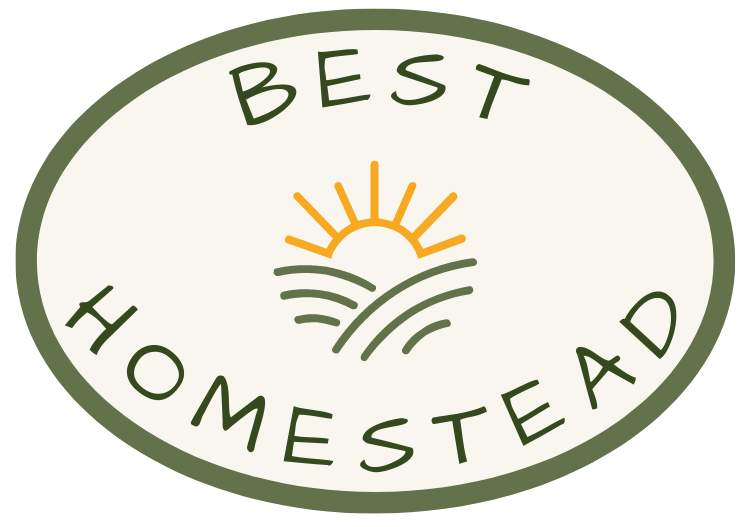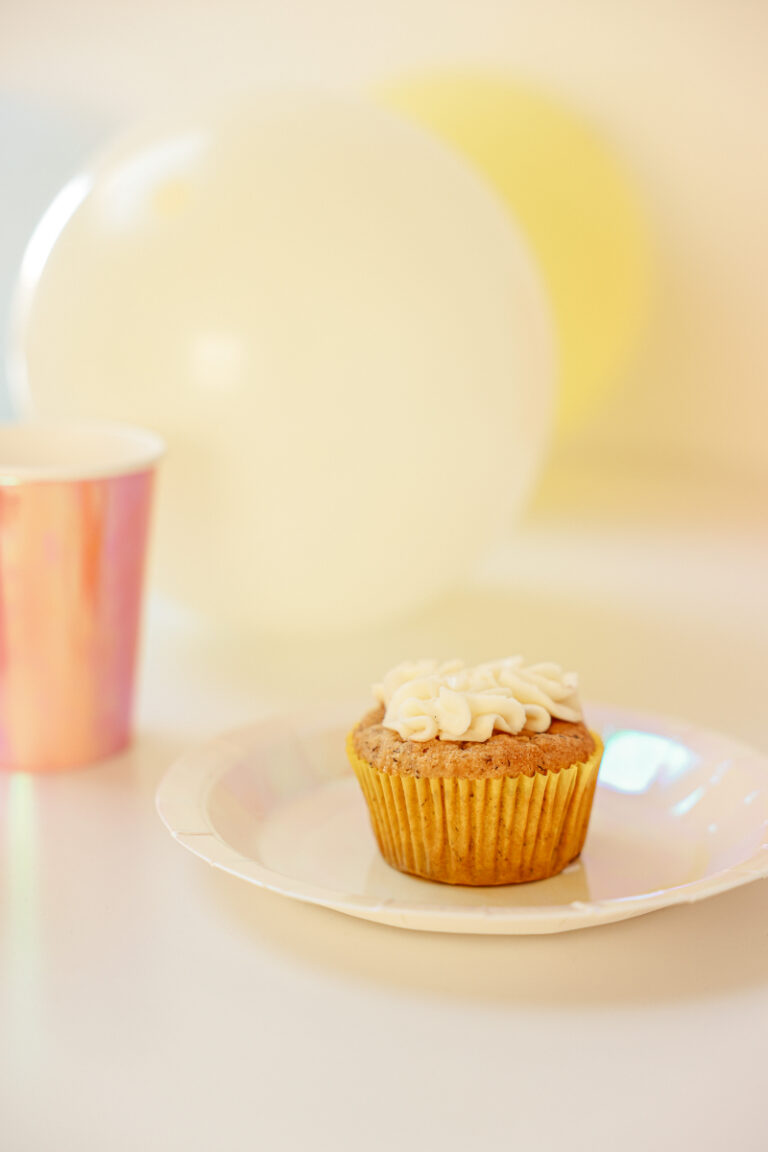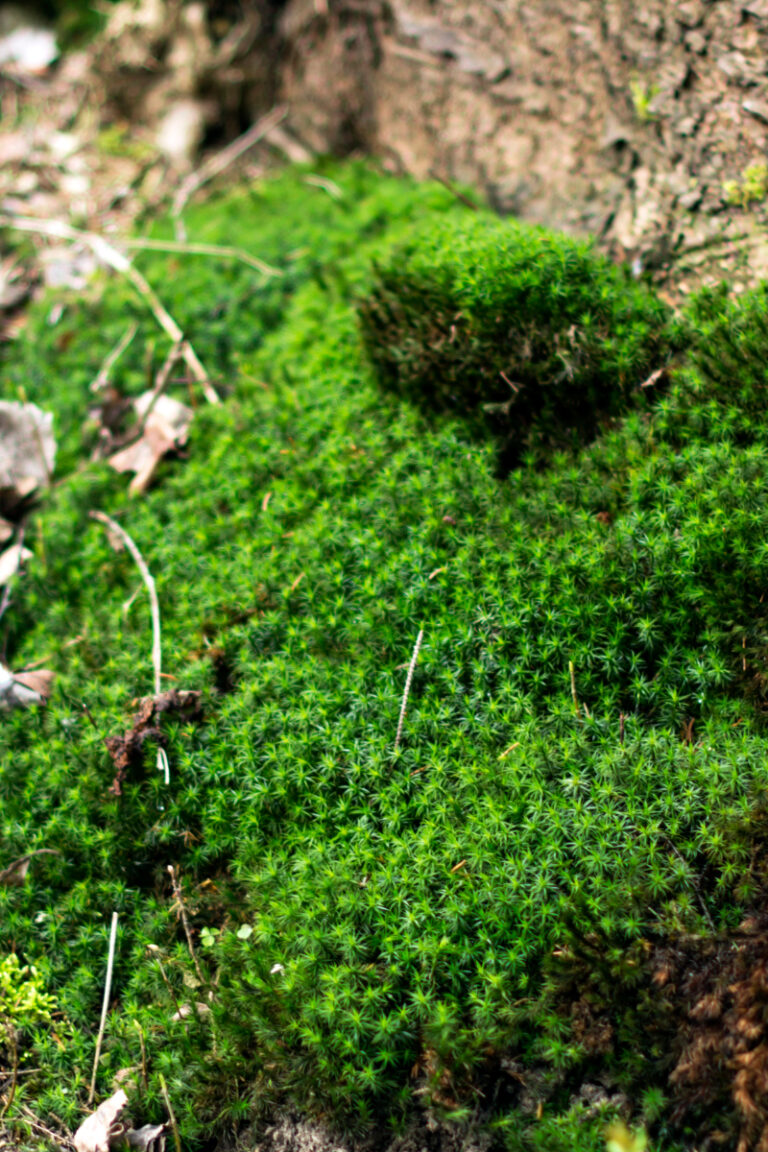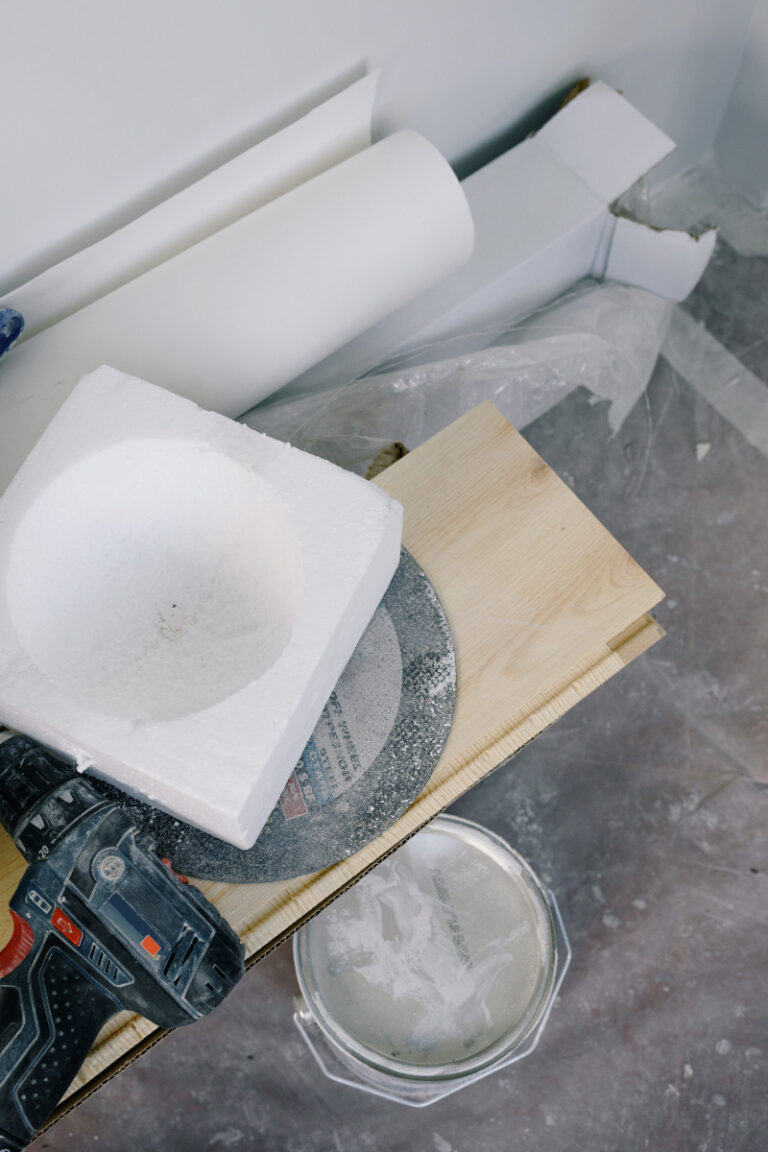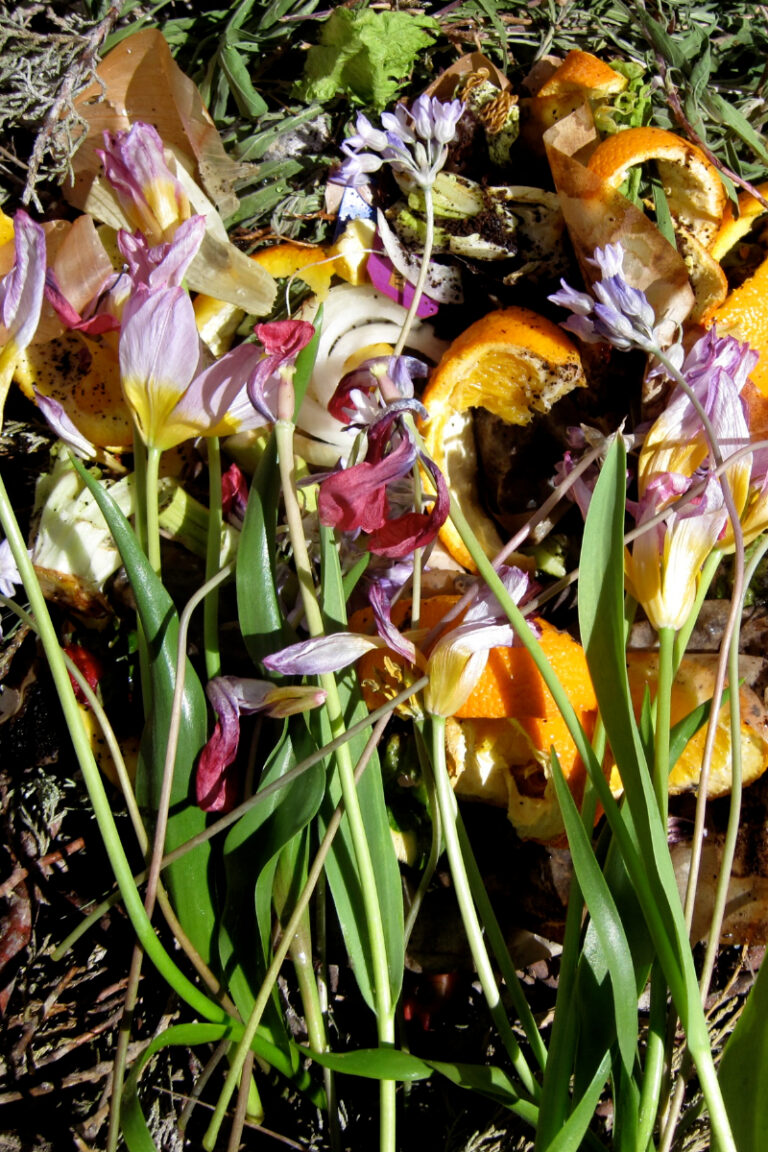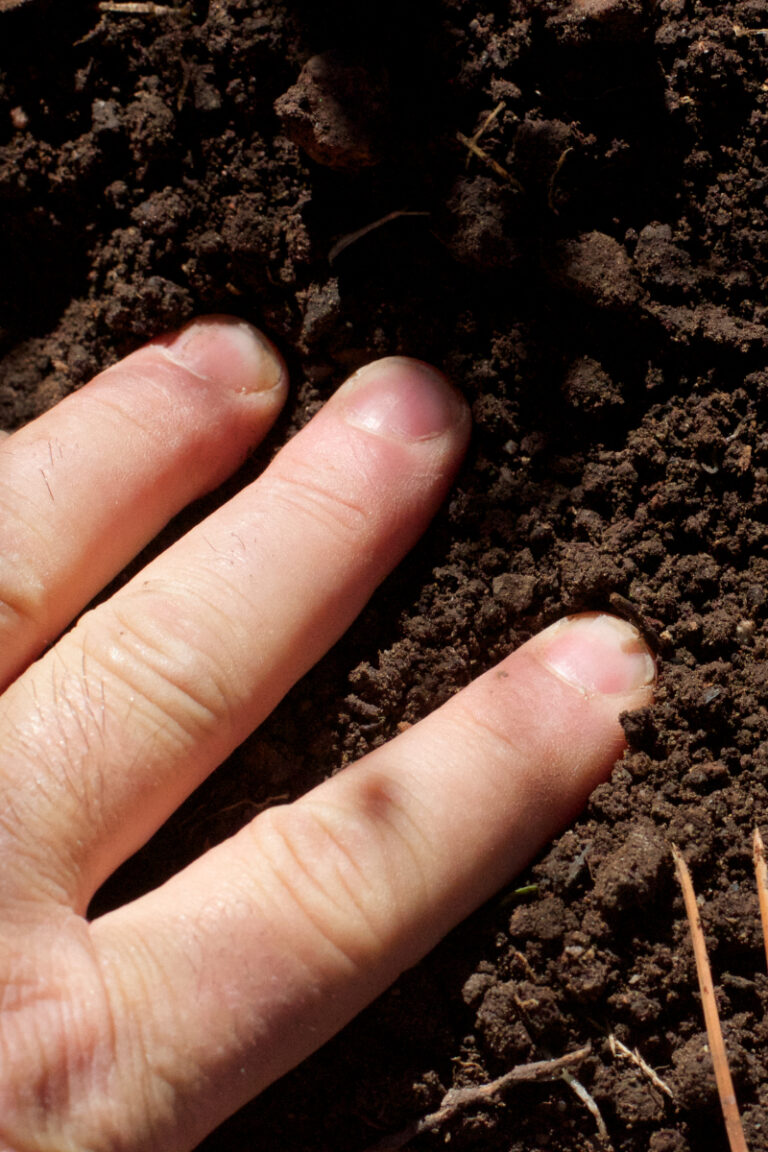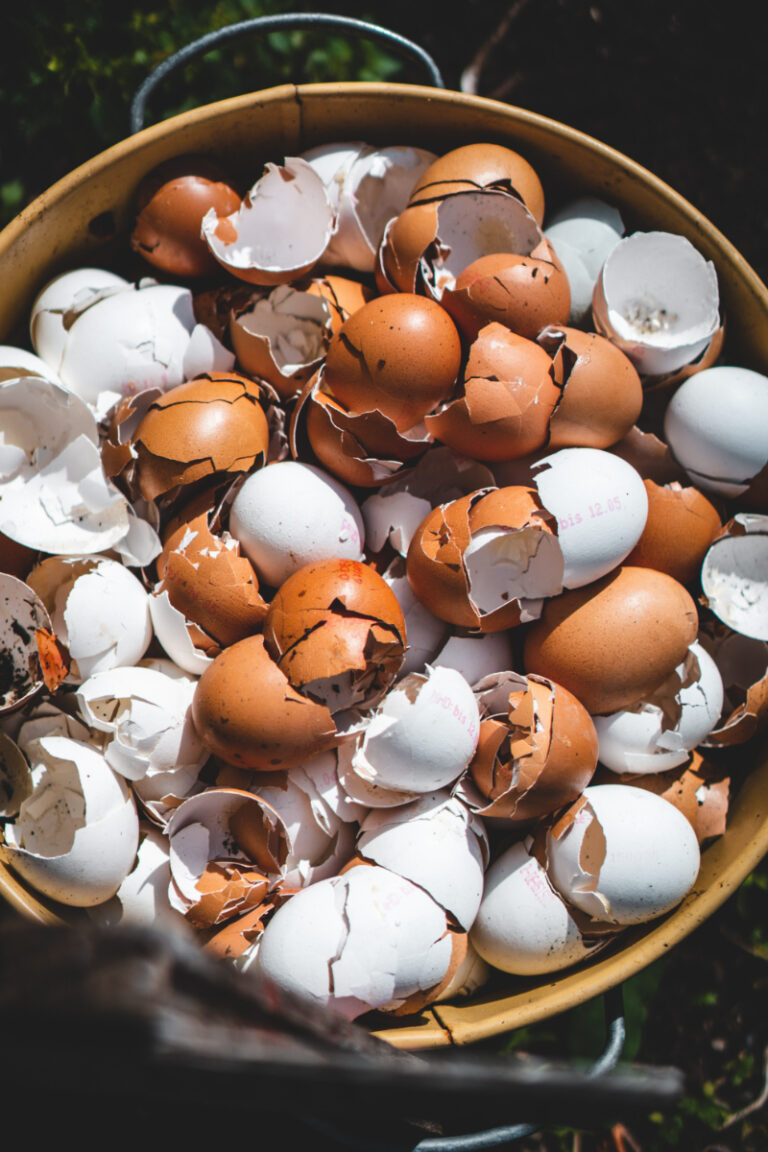What You Should NEVER Compost: Insider Tips
Composting is a natural process that turns organic material into a nutrient-rich soil conditioner. It’s an excellent way to recycle your kitchen and garden waste, reducing the amount of trash that ends up in landfills while enriching your garden soil.
This magical transformation is carried out by microorganisms that break down organic matter into simpler substances.
The benefits of composting go beyond just your backyard. By composting, you contribute to a greener and healthier planet.
It helps reduce methane emissions from landfills, lower your carbon footprint, conserve water, and enrich soil. Plus, it’s a satisfying way to play your part in the cycle of life, turning waste back into rich, fertile soil.
The Green Thumb’s Guide: Understanding and Mastering Composting for a Healthier Garden
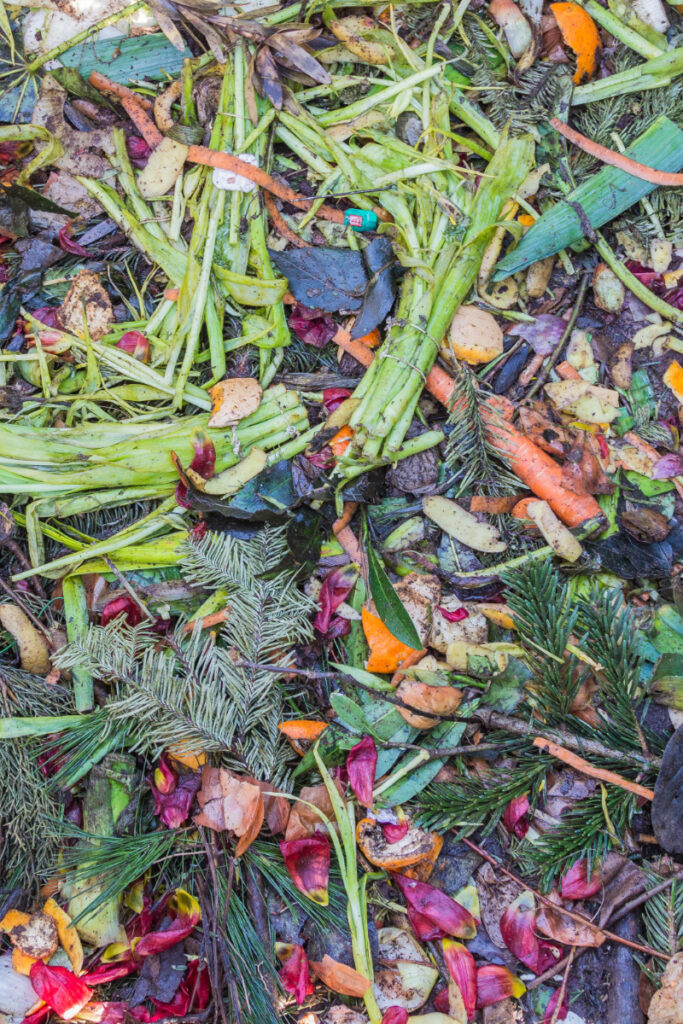
Your Role in Composting
Your participation in the process of composting plays a crucial part in ecological sustainability. By making composting a regular part of your waste disposal routine, you actively contribute to reducing the amount of waste that ends up in landfills. This is a significant step towards mitigating the harmful greenhouse gases that arise from landfill waste.
But your role extends beyond just reducing landfill waste. When you compost, you create a rich, organic material that can be used to improve the health of your garden soil.
By adding compost to your garden or landscape, you’re enhancing soil fertility and structure, promoting higher yields of agricultural crops, and even aiding in the repair of damaged soil.
Moreover, composting is an excellent way to engage with the natural world right in your backyard. It’s a practical, hands-on way to understand the cycle of life, decay, and renewal.
As you become more attuned to this process, you’ll likely develop a greater appreciation for how waste isn’t merely something to be discarded, but a valuable resource that can be reused and recycled.
In essence, your involvement in composting is a powerful act of environmental stewardship. You’re not only managing your waste in a more eco-friendly way but also creating a healthier environment for plants, insects, and microorganisms.
The effort you put into composting can have a ripple effect, inspiring others in your community to adopt this beneficial practice as well.
The Green & Brown Rule
Understanding the green and brown rule is fundamental to successful composting. It’s all about striking a balance between nitrogen-rich materials (greens) and carbon-rich materials (browns).
Green materials are typically moist and include things like vegetable peelings, coffee grounds, grass clippings, and fresh leaves. They provide the essential nitrogen needed for the composting organisms to grow and reproduce.
On the other hand, brown materials are generally dry and include items such as straw, dried leaves, paper, and wood chips. These materials supply carbon, which acts as an energy source for the composting organisms and helps to aerate the pile.
The ideal ratio of browns to greens in a compost pile is about 3:1. This means you should aim to have three times as much brown material as green.
However, this ratio isn’t set in stone. Composting is more art than science, and it’s perfectly okay if your compost pile doesn’t adhere strictly to this ratio.
If there’s too much green material and not enough brown, your compost pile might become smelly and slow to decompose.
Conversely, if there’s too much brown material and not enough green, the composting process may be very slow. Observing your compost pile and adjusting the green and brown materials as needed is part of the composting journey.
Items You Shouldn’t Compost: The No-No List
While composting is a fantastic way to recycle organic waste, it’s important to note that not everything can or should be composted. Certain items can disrupt the composting process, invite pests, or even pose health risks. Here’s a rundown of some common items that you should not include in your compost pile:
Meat and Dairy Products
These items can attract pests and create unpleasant odors as they decompose. They can also harbor pathogens that are harmful if they end up in your garden soil.
Pet Waste
Dog and cat feces can contain parasites and pathogens that can be harmful to humans. It’s best to dispose of pet waste separately.
Diseased Plants
If you’ve had plants that were sick, don’t put them in your compost pile. The disease could spread to other plants when you use the compost.
Weeds with Seeds
Composting weeds might seem like a good idea, but if the compost doesn’t reach high enough temperatures, the seeds can survive and sprout where you don’t want them.
Chemically Treated Wood Products
Wood chips or sawdust from treated wood can contain harmful chemicals that you don’t want in your compost or garden.
Coal Ash
Coal ash can contain harmful heavy metals that can contaminate your compost and eventually the plants you grow.
Plastics, Metals, and Glass
These materials do not break down in a compost pile and can introduce toxins or become hazardous debris.
Glossy or Colored Paper
Some inks and finishes used on paper can be toxic and should not be composted.
Reasons Why Certain Items Shouldn’t Be Composted
Now that we know what items should be left out of the compost pile, it’s important to understand why. Each non-compostable item poses a specific set of problems that can hinder the composting process or even pose risks to your health and the environment.
Disease and Pests
Meat, dairy, and pet waste can attract rodents and other pests to your compost pile. More than a nuisance, these pests can also spread disease. Additionally, diseased plants or weeds with seeds can introduce diseases or unwanted plants into your garden when you use the compost.
Slow Decomposition
Materials like plastics, glass, and metals do not decompose. They will remain in your compost pile indefinitely, creating physical hazards and possibly releasing toxins.
Toxins
Coal ash, chemically treated wood, and certain types of paper (like glossy or colored paper) can introduce harmful chemicals into your compost. These toxins can then make their way into your garden soil and the plants you grow.
Bad Odor
Certain materials, like meat and dairy, can produce a foul smell as they decompose. This can make maintaining your compost pile a less than pleasant experience.
Imbalanced Nutrients
Your compost pile needs a balanced diet just like you do. If you compost too much of one type of material—like grass clippings, for example—you can end up with a nutrient imbalance in your compost. This can lead to a less effective compost or one that actually harms the plants it’s supposed to nourish.
Your Impact: Missteps in Composting
Even with the best intentions, missteps can occur in composting. It’s important to understand the potential impact of these mistakes on your compost, garden, and broader environment.
Poor Quality Compost
Adding inappropriate items to your compost can degrade its quality. For instance, composting materials like meat or dairy can result in a nutrient imbalance, making the compost less effective for plant growth. Similarly, compost contaminated with toxins from treated wood or colored paper can harm rather than help your plants.
Environmental Harm
Certain missteps, such as composting plastic or glass, can contribute to environmental pollution. These materials do not decompose and can leach harmful chemicals into the soil. Moreover, if non-compostable items end up in your garden, they could potentially find their way into water sources, contributing to wider ecological damage.
Health Risks
Composting materials that harbor pathogens, such as pet waste or diseased plants, can pose health risks. If these harmful organisms make their way into your garden through the compost, they could contaminate your homegrown produce.
Pest Problems
Inappropriately composted materials can attract unwanted pests. Meat, dairy, and pet waste can draw rodents and flies, leading to infestations that are difficult to control.
Community Nuisance
A poorly managed compost pile can cause problems beyond your backyard. Bad odors, attracted pests, and even the sight of inappropriate items in your compost pile can become a nuisance to your neighbors.
Tips for Successful Composting
Composting might seem like a daunting task, but with a bit of knowledge and practice, it can become an easy and rewarding part of your routine. Here are some tips to help you compost successfully:
Maintain the Right Balance
Remember the green and brown rule. An ideal compost pile should have a balance of green (nitrogen-rich) and brown (carbon-rich) materials.
Turn Your Pile Regularly
Turning your compost pile helps to aerate it, providing the oxygen that composting organisms need to do their job. Aim to turn your pile every few weeks.
Keep It Moist
Your compost pile should be as damp as a wrung-out sponge. If it’s too dry, add water. If it’s too wet, add more brown materials to absorb the excess moisture.
Chop Materials into Small Pieces
Smaller pieces of material will decompose faster than larger ones. Chop or shred your compost materials when possible.
Choose the Right Compost Bin
There are many types of compost bins available, from simple homemade bins to sophisticated tumblers. Choose one that fits your needs and space.
Use Your Compost
Don’t forget to use your compost! Spread it on your garden, mix it into potting soil, or use it as mulch. Your plants will thank you.
Conclusion
Composting is a great way to reduce waste and create nutrient-rich soil for your garden. To compost successfully, avoid adding materials like meat, dairy, plastic, and colored paper. Be sure to maintain the right balance of green and brown materials in your pile, turn it regularly, keep it moist, chop materials into small pieces, use the right bin for your needs, and use your finished compost. With the right knowledge and practice, you can be a successful composter in no time.
